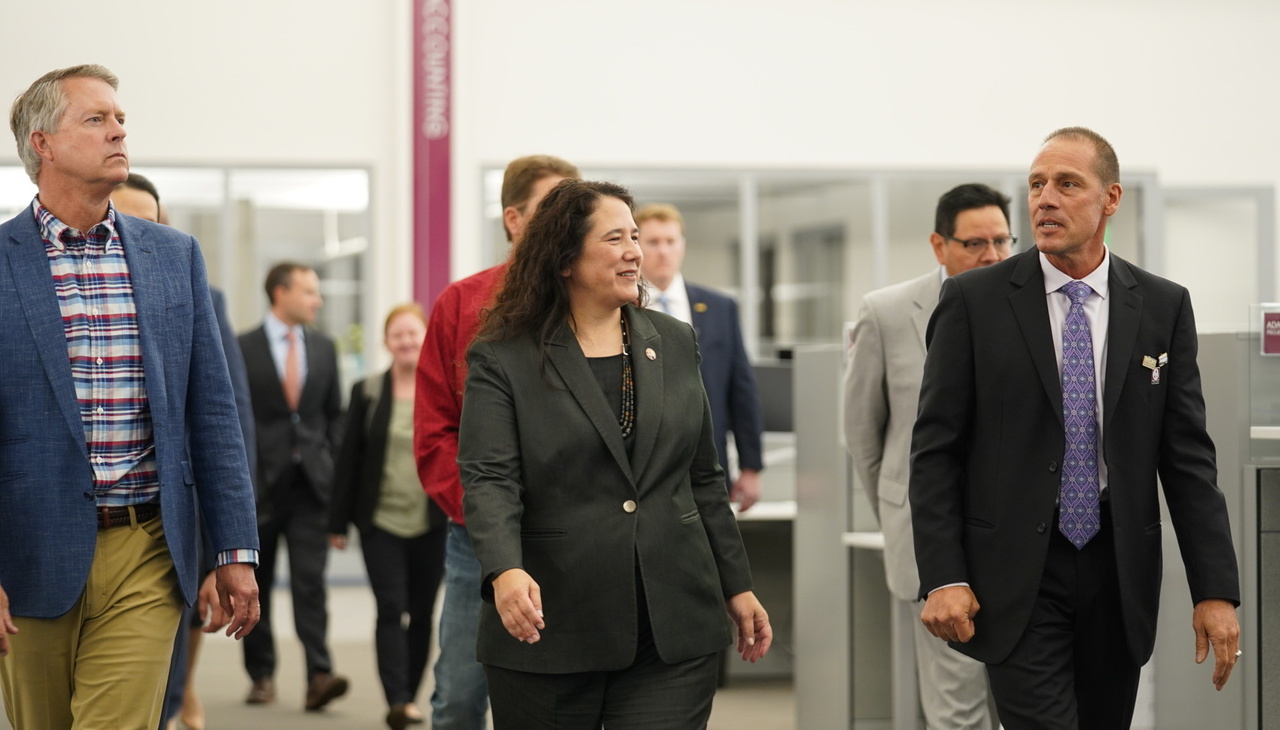
SBA expands access to public-private investment partnership program
Progress is being made on reforms to strengthen and diversify support for small businesses.
The Administrator of the Small Business Administration (SBA), Isabel Casillas Guzmán, recently announced the publication in the Federal Register of the reforms proposed by the entity to the Small Business Investment Company (SBIC) program, which were designed to reduce financial barriers and increase access and diversity in the U.S. small business investment ecosystem.
SBA’s SBIC program has helped generations of entrepreneurs bridge capital gaps to build and scale resilient businesses. Despite the program’s impact, we still see underinvestment in communities across America, and the Biden-Harris Administration is committed to filling those capital gaps.
What are SBICs?
SBICs are private market mutual funds that are licensed as "SBICs" and are regulated by the SBA.
These funds invest or lend private capital, as well as funds borrowed with an SBA guarantee, to make equity and/or debt investments in small businesses and startups.
The investments are funded by a portfolio of SBIC programs of more than $37 billion in committed and invested capital focused exclusively on small businesses and startups in the U.S.
RELATED CONTENT
.@SBAgov’s SBIC program has helped generations of entrepreneurs bridge capital gaps to build resilient businesses. Our proposed reforms aim to strengthen, diversify, and expand our network of SBICs to address capital deficiencies in underserved and critical U.S. industries. https://t.co/iB2XX9qG78
— Isabel Guzman (@SBAIsabel) October 19, 2022
During 2021, more than 1,500 companies received investments from 299 SBICs, which allowed the creation and maintenance of more than 103,000 jobs in the country.
“Our proposed reforms to the SBIC program aim to diversify our SBIC network and portfolio, and incentivize patient capital to support critical industries as we build a better America. I look forward to working with our private investment partners and receiving important feedback to make this vital program even stronger,” added Casillas Guzmán.
Reforms
Seeking to address the structural aspects of the SBIC program that have historically limited the flow of regulatory capital, the changes published in the Federal Register include:
- Reduce barriers to SBIC program participation for new private fund managers and private funds focused on equity and longer-term debt investments in small businesses and startups, especially those in underserved communities and geographies, capital-intensive industries, and technologies critical to national security.
- Establish an alternative borrowing structure to the traditional Debenture SBIC. This alternative is constructed to align with the cash flow patterns of equity-oriented investment funds and longer-duration strategies.
“The SBIC Program was established in 1958 in response to a report published by the Federal Reserve Board acknowledging the important role of small businesses and startups in our country’s economic vitality and a lack of adequate sources of private equity and long-term loans to support the creation and growth of such businesses. SBA’s proposed rulemaking presents an opportunity for the Agency to evolve how we fulfill this mission by strengthening, expanding, and diversifying the reach and impact of the SBIC program. We look forward to hearing from industry as we work to advance a shared mission of solving our nation’s access to capital challenges,” pointed out Bailey DeVries, Associate Administrator for Investment and Innovation.
The proposed rule is now available in the Federal Register. Comments are due December 19, 2022, and the proposed reforms are planned to take effect with a final rule to be published next year.











LEAVE A COMMENT:
Join the discussion! Leave a comment.